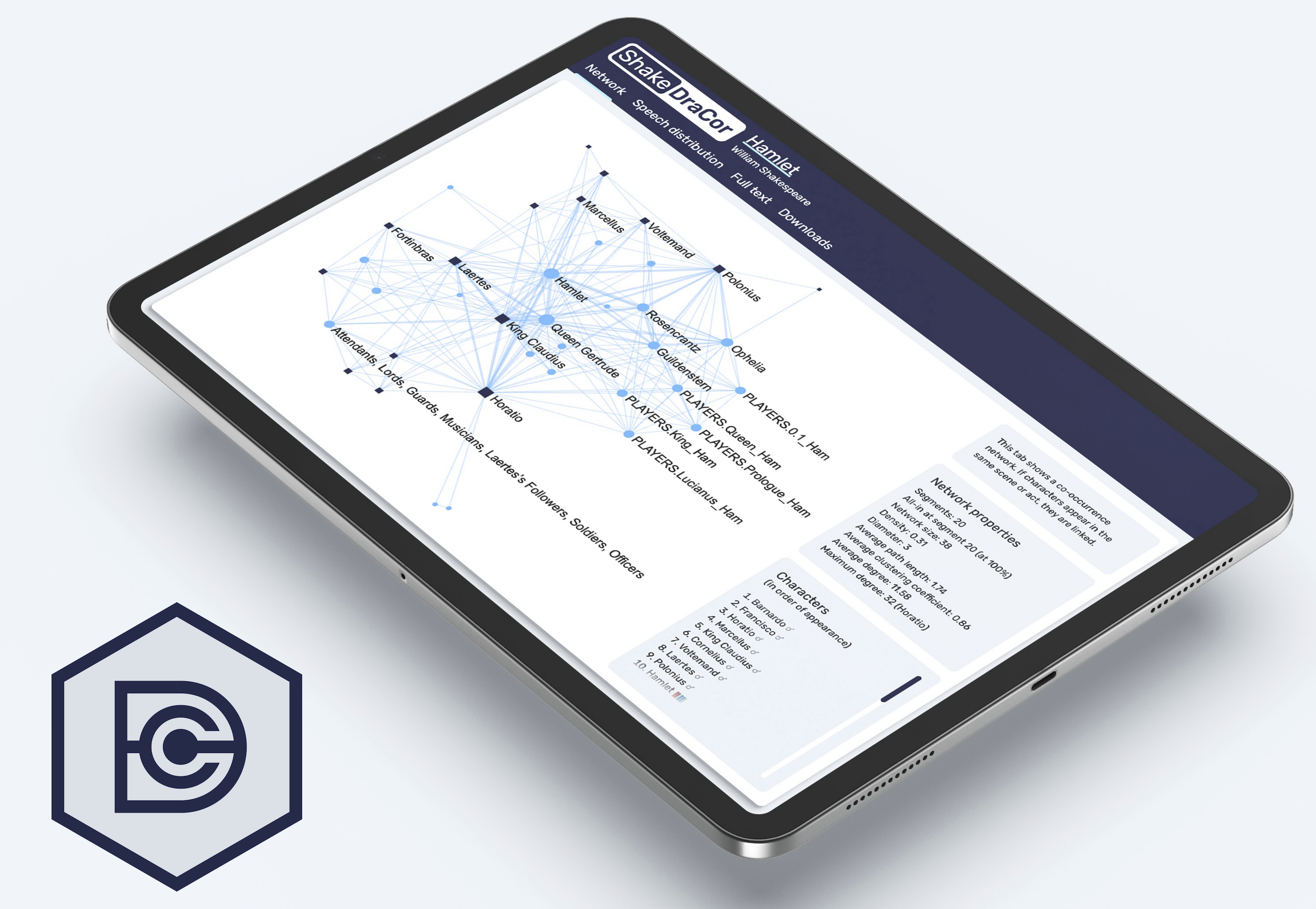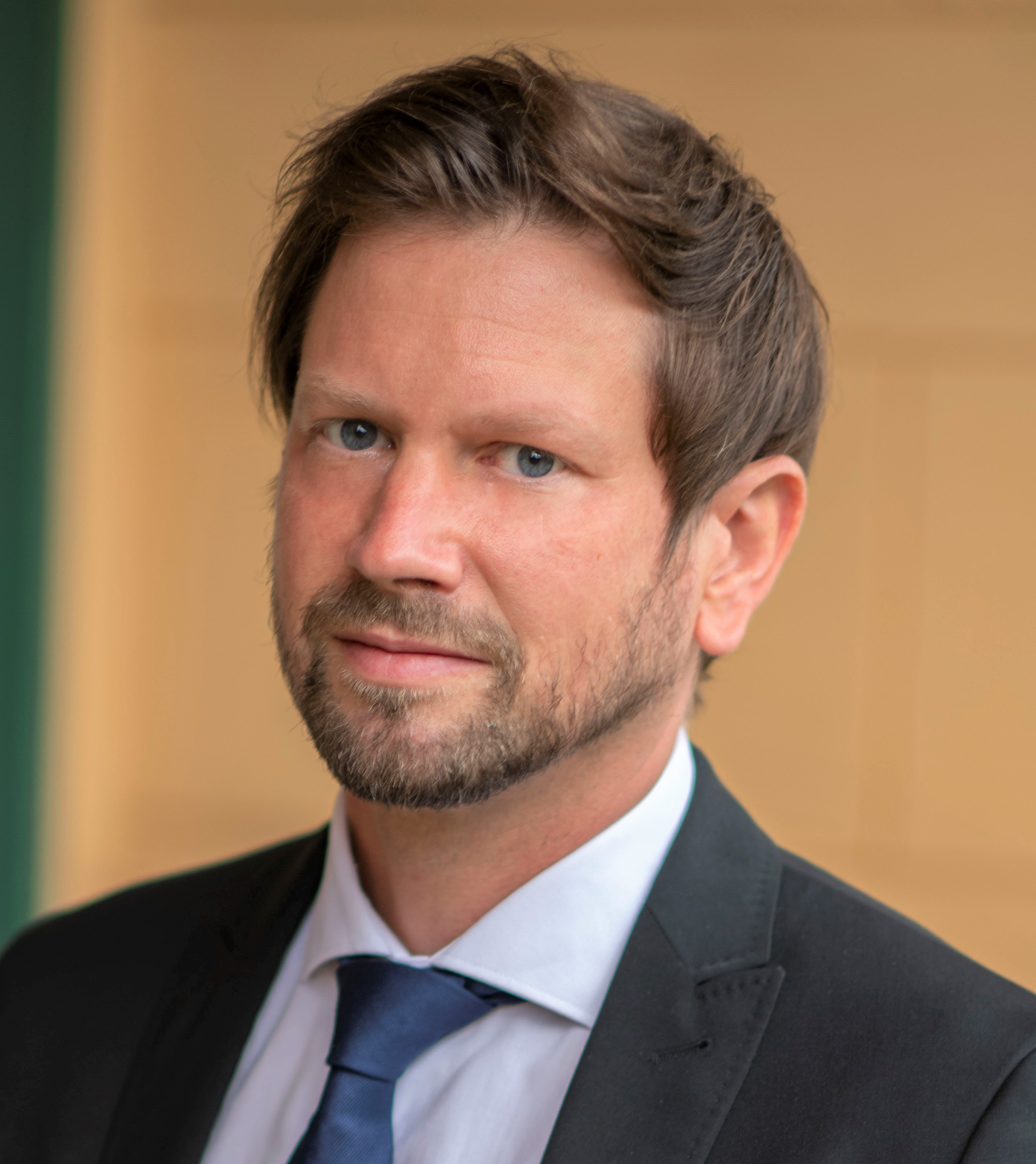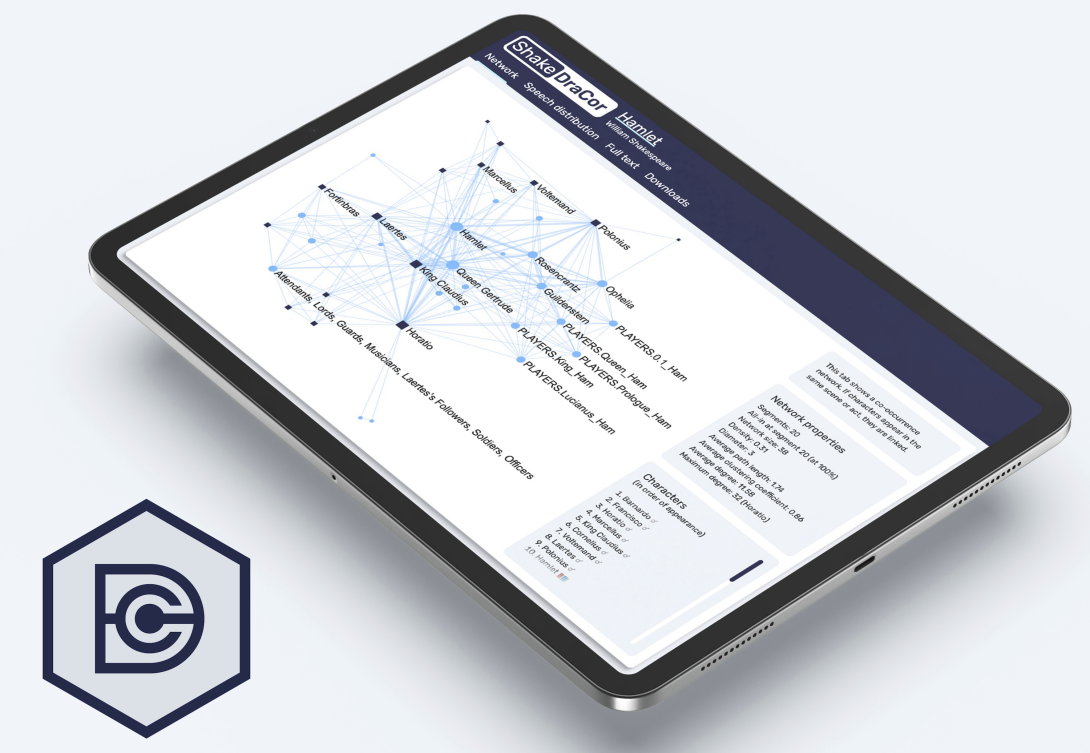Science cluster


Summary
The community-driven drama corpora platform DraCor, currently hosting over 3,300 theatre plays in 18 corpora from more than 15 languages, offers a digital ecosystem of tools, research-driven APIs, programming libraries and Jupyter notebook-based training material.
The DraCorOS project will further develop this platform by aligning its services with EOSC, promoting a culture of Open Science, and evolving its open software architecture for broader reuse in other Open Science projects. It aims at boosting accessibility, reproducibility and engagement with data-driven research, with particular attention to small, under-resourced European languages.
Challenge
Open Science project, Open Science Service
With the digital transformation, a large joint virtual space of cultural data is being created, which supports the public perception of a common European heritage. Humanities research has the opportunity to develop into truly FAIR-data-oriented research based on large amounts of data. However, this transformation demands not only high-level e-infrastructures, but also active participation from small disciplinary communities. These communities, foundational to Humanities research, require support in establishing their own Open Science cultures to ensure a sustainable shift towards data-driven, open scholarship.
Specifically, the DraCor drama corpora platform, which can be regarded as the main hub for data-driven research on European drama and as a community-based competence centre for Computational Literary Studies, still faces some challenges to be considered a community-based ecosystem of services fully committed to Open Science principles.
Solution
Enhanced Discoverability and Access: The project will transform the DraCor platform into a semantically enriched, linked open data environment, integrating its datasets, tools, and services with EOSC platforms like SSH Open Marketplace and CLARIN Virtual Language Observatory. This will improve the findability and accessibility of DraCor resources, fostering easier access to data for researchers.
Promoting Open Science Culture: By offering Open Science training and workflows, the project will empower researchers in Computational Literary Studies and related fields to adopt FAIR-data practices. This will increase research productivity, transparency, and reproducibility, helping scholars actively engage with EOSC services.
Open Source Software Development: The DraCor platform’s underlying software architecture, based on Programmable Corpora, will be further developed into an independent Open Source solution. This will enable other Open Science projects to easily host and share their own (programmable) textual research corpora, promoting FAIR data-intensive research.

Scientific Impact
The project will facilitate the transfer of DraCor’s programmable corpora software to other disciplines, and will contribute to the cross-domain Linked Open Data cloud, while providing high-quality, human-curated training data for AI-driven workflows.
The integration with the EOSC services will lead to an increased visibility and findability of the resources from the DraCor ecosystem, enabling the geographically and linguistically diverse academic communities of (computational) literary scholars to conduct research on a broader and more diverse basis. The dissemination to these communities (e.g., DARIAH and CLARIN) of the technical solutions developed to enhance reproducible research, and their publication as workflows, can lead to a higher quality of research.
Results
- Comprehensive DraCor User Survey launched: An 18-question, closed-format survey was deployed to capture researcher roles, usage patterns, satisfaction, and feature priorities in four clear thematic sections. The quantitative insights will directly inform and accelerate development of search, export/API capabilities, UI enhancements, and documentation.
- Jupyter Books for Open Education: A collection of Jupyter Notebooks was transformed and organised into Jupyter Books, creating structured, modular teaching materials. These resources are primed for future training workshops and online courses as fully open educational resources.
Events
- 6 February, 2025 | Leuven, Belgium - CLARIN Strategy Days | Presentation and Discussion of the project with representatives from CLARIN-ERIC
- 22-23 May, 2025 | Institute of History of the Czech Academy of Sciences, Prague, Czech Republic - NeoLatDraCor Hackathon: From Text to TEI
- 1-5 September, 2025 | Berlin, Germany - DraCor Summit
- 30 September - 2 October, 2025 | Vienna, Austria - Poster Presentation “From Silos to Synergies: Implementing the Standard API Specification DTS in DraCor for Enhanced Data Access” | Abstract (see p. 170) | Poster at the CLARIN Annual Conference 2025
Principal investigator

Peer Trilcke has been a Professor of Modern German Literature at the University of Potsdam since 2016. In 2017, he took on the role of Director of the Theodor Fontane Archive. Since 2018, he is also a speaker of the Network for Digital Humanities at the University of Potsdam. His research centres on developing infrastructures for literary corpora and the quantitative analysis of literary texts. Additionally, he is a co-editor of the multilingual Drama Corpora Platform (DraCor.org) and the “Journal of Computational Literary Studies” (JCLS.io).

